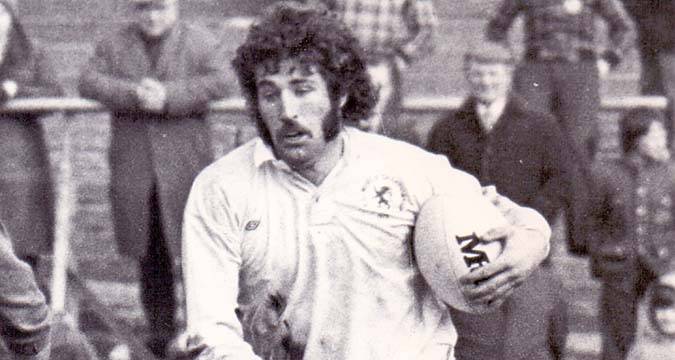 The multi-talented sportsman from Coventry
John Gray may well be the finest all-round sportsman the UK has ever produced.
He was a proficient enough teenage soccer player to be offered a contract by Coventry City.
He played first-class cricket for Warwickshire alongside the England captain, taking five wickets on his debut.
He switched
The multi-talented sportsman from Coventry
John Gray may well be the finest all-round sportsman the UK has ever produced.
He was a proficient enough teenage soccer player to be offered a contract by Coventry City.
He played first-class cricket for Warwickshire alongside the England captain, taking five wickets on his debut.
He switched Rugby League Heroes: John Gray
 The multi-talented sportsman from Coventry
John Gray may well be the finest all-round sportsman the UK has ever produced.
He was a proficient enough teenage soccer player to be offered a contract by Coventry City.
He played first-class cricket for Warwickshire alongside the England captain, taking five wickets on his debut.
He switched
The multi-talented sportsman from Coventry
John Gray may well be the finest all-round sportsman the UK has ever produced.
He was a proficient enough teenage soccer player to be offered a contract by Coventry City.
He played first-class cricket for Warwickshire alongside the England captain, taking five wickets on his debut.
He switched 